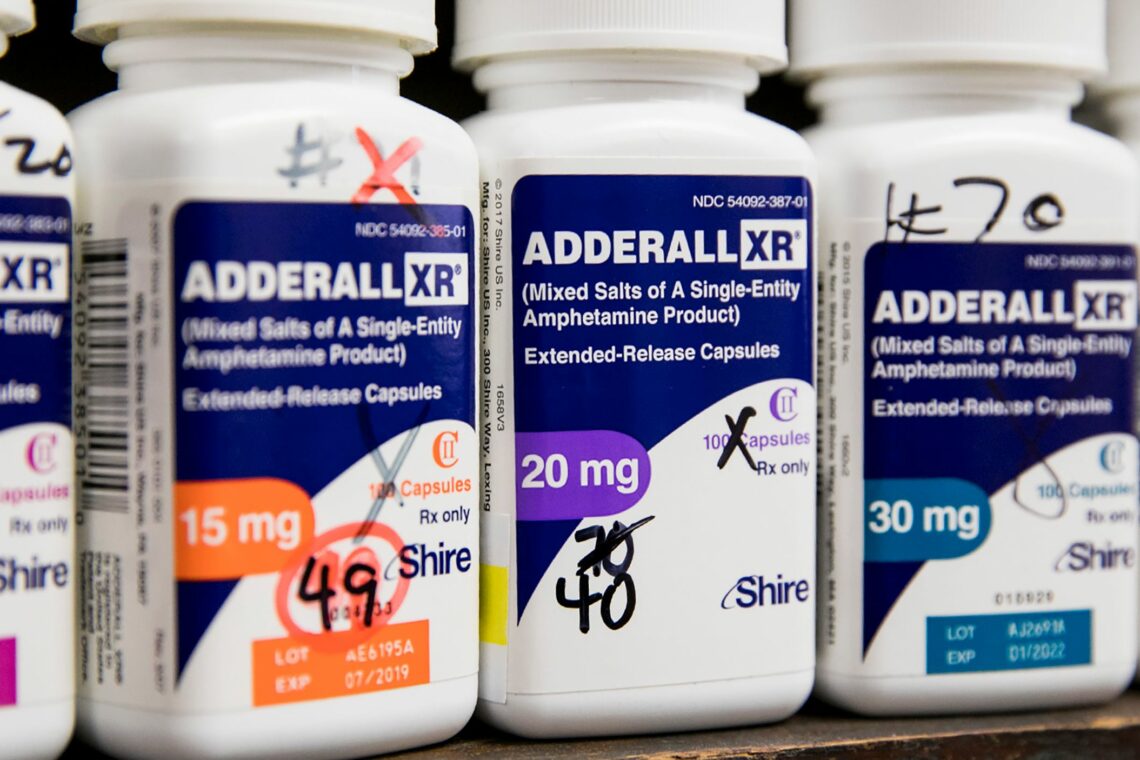Adderall is a prescription medication used to treat attention deficit hyperactivity disorder (ADHD) and narcolepsy. It contains a combination of two stimulant drugs: amphetamine and dextroamphetamine. Adderall works by increasing the levels of certain neurotransmitters in the brain, such as dopamine and norepinephrine, which play a role in regulating attention, behavior, and sleep.
People with ADHD often struggle with staying focused, paying attention, and controlling their impulses. Adderall can help to improve their ability to concentrate and stay on task, as well as reduce hyperactivity and impulsivity. It can also help people with narcolepsy stay awake during the day.
However, like all medications, Adderall has potential side effects and risks. Common side effects include insomnia, loss of appetite, dry mouth, and headaches. More serious side effects can include increased blood pressure and heart rate, seizures, and psychosis. Adderall is also a controlled substance and has the potential for abuse and addiction, especially when used outside of a prescription and in high doses.
It’s important to take Adderall only as prescribed and to talk to your doctor about any potential risks and side effects. If you have a history of substance abuse or addiction, or have any underlying health conditions, your doctor may recommend alternative treatments or adjust your dosage accordingly.
